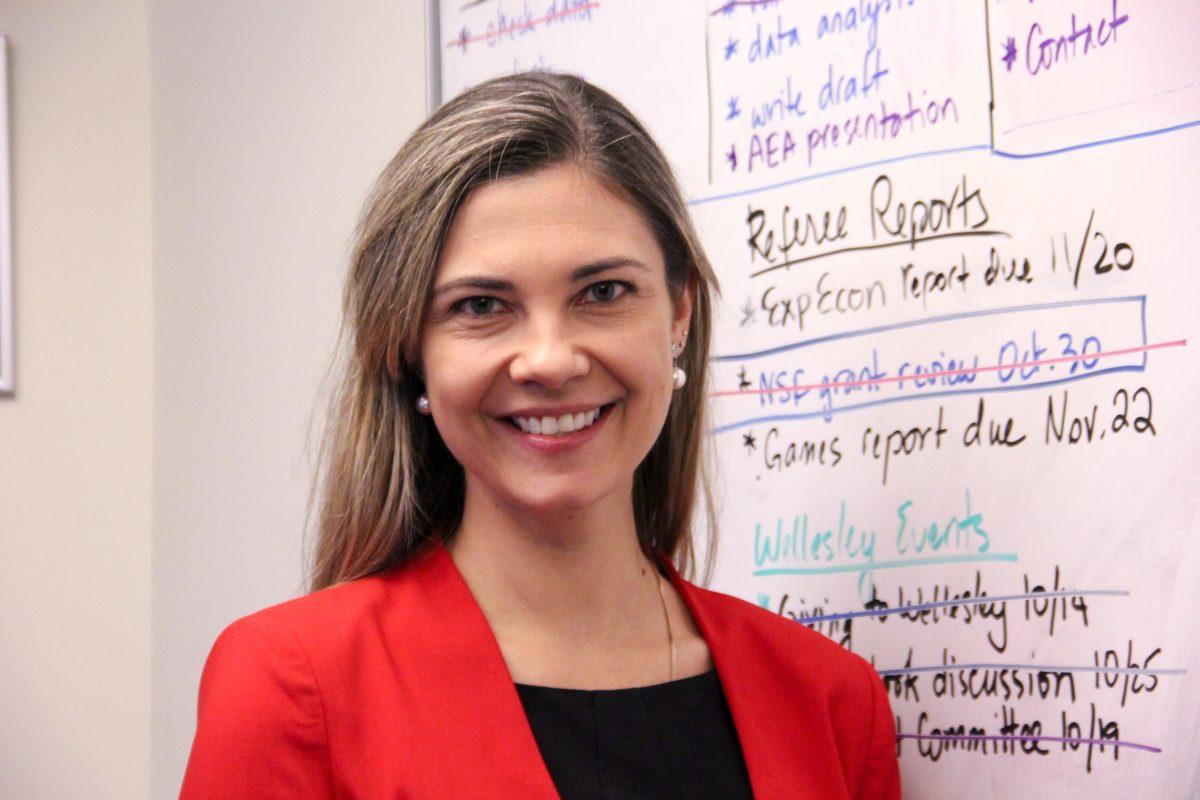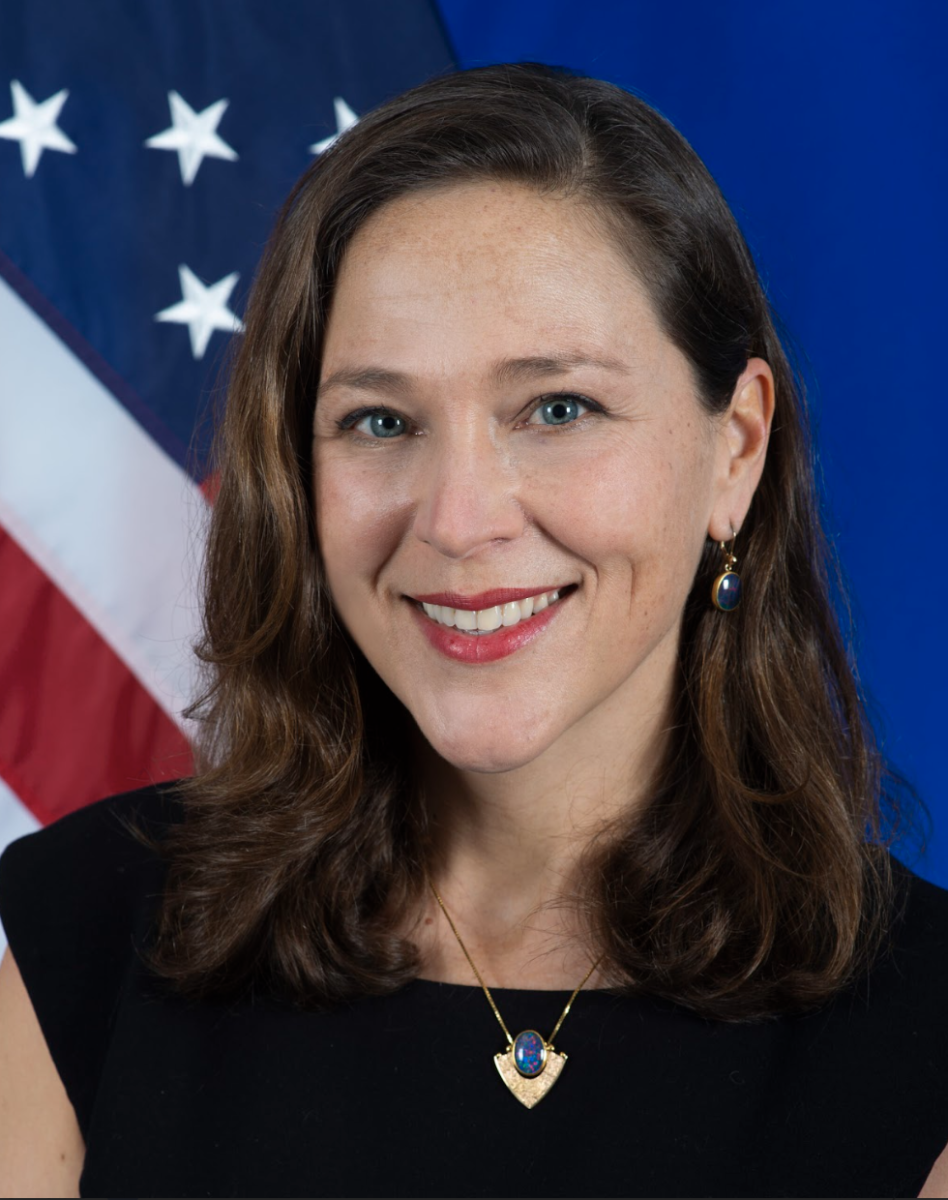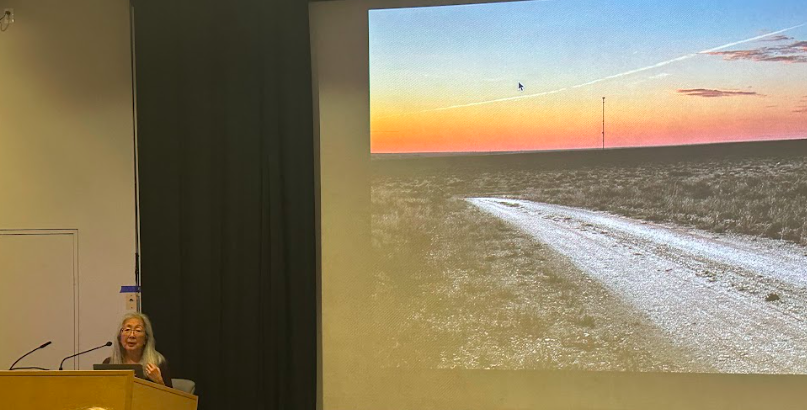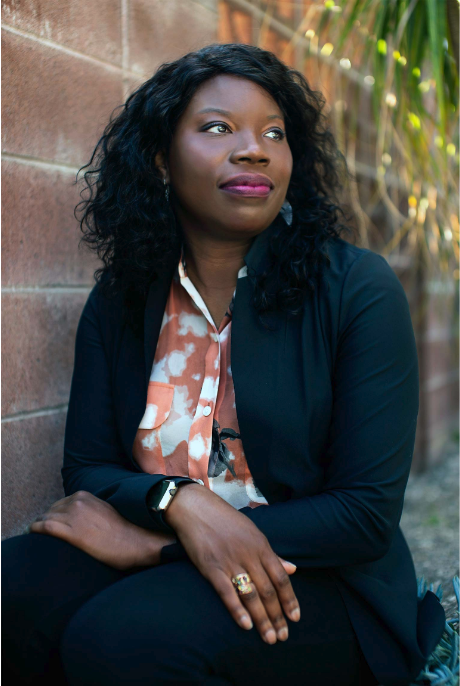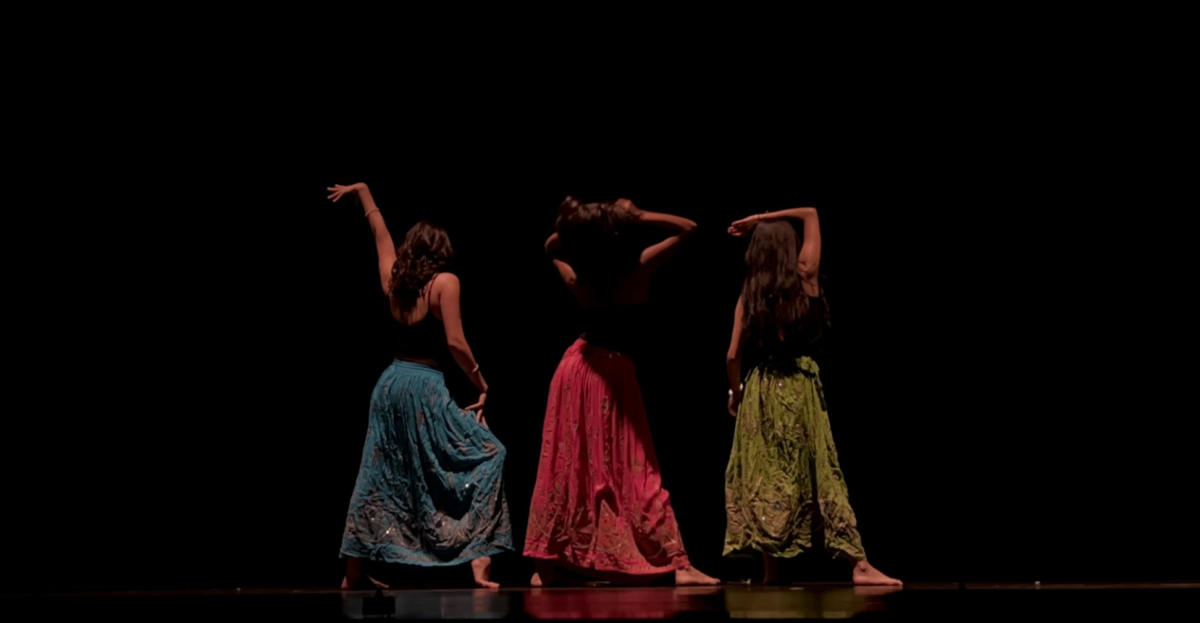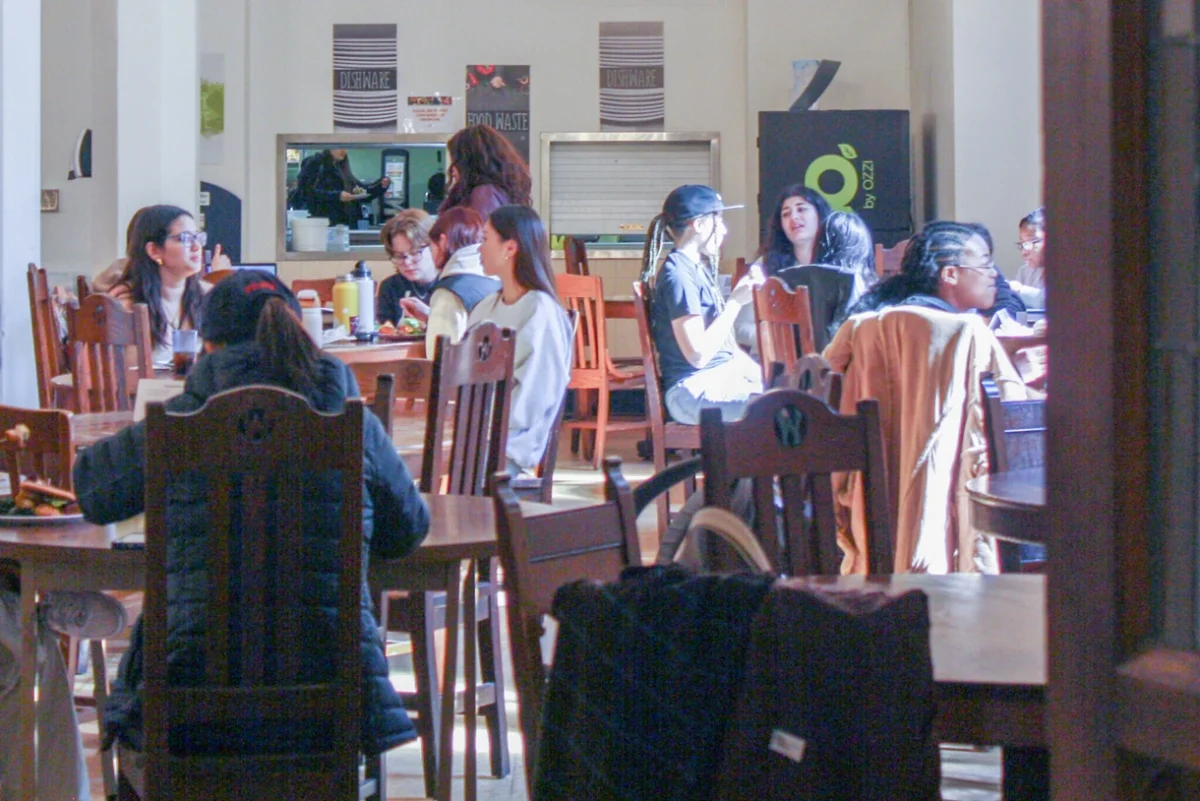According to Olga Shurchkov ’01, life as a Wellesley alumna returning to campus as a professor is not unlike working towards mastery in Taekwondo—she’s currently a level four black belt.
“You’re an instructor, but you’re also a student,” she explained. “You never really stop learning.”
Shurchkov received her bachelor’s at Wellesley and earned her doctorate from MIT. After graduation, she worked as an assistant professor at Columbia University, and a research fellow at the Kennedy School of Government, and has been working in Wellesley’s economics department since 2008.
Growing up in Moscow when it was still a part of the USSR, Shurchkov never thought she would end up settling down in a Boston suburb. Yet, during her sophomore year of high school, her family chose to move to Massachusetts in search of better opportunities.
“It was a hard transition—you know, language, figuring out the education system … people thought I was an exchange student,” she said.
Though she was a domestic student at Wellesley, Shurchkov became heavily involved with international student groups on campus.
“I was really lucky to find Wellesley,” she said.
Coming to Wellesley gave Shurchkov the opportunity to start fresh with a group of people who were immersed in the same new experience as her. She was no longer the odd one out, feeling isolated from her peers by language and experience. When she joined the college choir, that was when she knew she had truly found her home. One of Shurchkov’s favorite memories at Wellesley was a first-year trip to Italy with the choir.
“I got to sing in Rome, Montella, Venice … we were together all the time, all the choir members. We lived together, sang together, worked together. It was such a community,” she recalled. “My favorite part was the spontaneous concerts we would give. Everywhere. We would just go into some church … we went, we stood, we held hands, and just sang. It was just really amazing.”
It was at Wellesley that she also discovered her passion for economics, the subject she now teaches as a professor.
“I came in totally unsure of what I wanted to study,” she said. “I thought I might go into diplomacy … but some upper class women in my dorm told me, ‘You have to take a class with this amazing professor, Chip Case.’ That class was an absolute revelation. He explained things in ways that I think, but I didn’t even know I think that way.”
Shurchkov pursued economics post-graduation at MIT, where the gender dynamics were flipped. Economics, especially at the graduate level, is still one of the most male-dominated fields.
Shurchkov calls the skills she learned at Wellesley her “armor of knowledge, confidence, and soft skills.” It allowed her to walk into any situation knowing that she was capable and should not take anything too personally.
“It allows you to be protected from the daily pressures, and only in a nurturing place like Wellesley you can preserve your inner spirit but also have a tougher exterior,” she explained.
For all that Wellesley did for her, Shurchkov was excited to return to her alma mater to teach. Being back at Wellesley years later has given her a renewed appreciation for the power of a Wellesley education.
“I work with students who I relate to … I feel like I’m contributing in a meaningful way. It’s more than just a job,” she said.
Shurchkov especially values the intro level economics course she teaches, where she can see firsthand how multifaceted the student body of Wellesley is in a way she never could as a student.
“[The class is] not just economics majors. It’s students who will never take economics again, but they contribute so much of their other perspectives from their other majors and where they come from,” Shurchkov said.
When your history becomes your workplace, it can sometimes be hard to find the places that bring back the magic of being a young woman discovering the world. However, Shurchkov acknowledges that she still has special places on campus that remind her of her undergraduate years.
“I sacrificed some of the magic people get from returning to their alma mater, but I still have places on campus that deliver that nostalgia,” Shurchkov admitted.
One of those places is the chapel, which conjures countless memories.
“That’s where I spent daily hours rehearsing with the choir … even the smell transports me back into it,” said Shurchkov.
Even amidst the bustle of daily life, Shurchkov still stops to snap the occasional photo of this tree-lined campus. It may be where she works now, but it’s also the place that made her who she is today.

